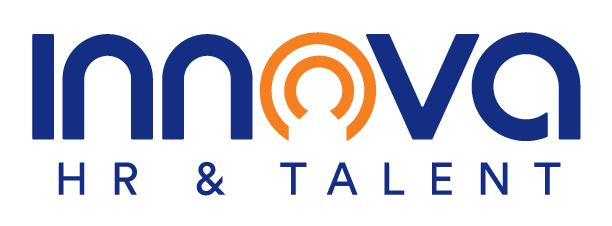By Salvador Ismayel / Innova Hr & Talent Director
Currently, organizations are proactively adopting a more conscious approach to diversity in their teams. The evolution of this mindset responds to the increasingly ingrained understanding that inclusivity not only constitutes an ethical duty but also serves as a fundamental driver for innovation and business success. Additionally, it incentivizes talent retention and attraction, strengthening the organization’s employer brand. This shift in focus has led to a growing emphasis on inclusive recruitment strategies, going beyond meeting social requirements to become a cornerstone of modern business practices.
This renewed approach to diversity goes beyond mere superficial representation of society in the workplace. It recognizes the intrinsic richness that different perspectives and skills bring to the business fabric. It represents a profound appreciation that diversity not only drives equity and social justice but also catalyzes creativity and problem-solving in a business world characterized by complexity and rapid evolution.
Leading companies understand that diversity is not just a reflection of society but a driving force that enhances adaptability and business performance.
In addition, inclusive organizations attract a broader group of high-quality candidates, retain diverse talent already present, and significantly contribute to building a strong and attractive employer brand. Workplace diversity sends a powerful message to current and potential employees about the value the organization places on diverse workspaces.

Aquí le presentamos algunas estrategias que permiten impulsar la diversidad dentro de las organizaciones.
Here are some strategies that can help promote diversity within organizations:
- Commitment and Leadership from the Top: Building a diverse team starts from the top. Leadership committed to diversity sets the organizational tone and sends a clear message about the importance of inclusion. Senior management should not only endorse diversity but actively participate in initiatives that foster an inclusive environment.
- Diversity-Centric Company Culture: Diversity is not just a checkbox; it is an integral part of the corporate culture. Companies should work to build a culture that celebrates and values differences, promoting an environment where every employee feels respected and empowered. Diversity is not just about numbers but about creating a sense of belonging for all employees.
- Review Job Descriptions and Selection Processes: Job descriptions should be written inclusively, eliminating potential gender, age, or ethnic biases. Similarly, selection processes should be reviewed to ensure there are no unintended barriers that exclude talented candidates. A blind approach in the initial selection phase can be effective in evaluating candidates based on skills and experience rather than personal characteristics.
- Partnerships and Diversity Networks: Forming alliances with diversity-focused organizations and networks significantly expands the reach of recruitment. Participating in specific job fairs, collaborating with diverse educational institutions, and engaging with professional development programs for marginalized communities are effective strategies for attracting a broader range of candidates.
- Continuous Diversity Training: Diversity and inclusion training should be ongoing, addressing not only obvious biases but also unconscious prejudices. Providing tools to human resources teams and hiring managers to conduct fair and equitable assessments is essential for maintaining an inclusive recruitment culture.
- Continuous Measurement and Evaluation: Success in inclusive recruitment is best measured through concrete metrics. Establishing measurable goals and regularly assessing progress allows companies to adjust their strategies as needed. Continuous feedback from employees and candidates also plays a vital role in the ongoing improvement of hiring practices.
In summary, inclusive recruitment is not just a trend but an essential component for the long-term viability and sustainability of any company. Beyond meeting quotas, building diverse teams drives creativity, adaptability, and organizational resilience, placing the company in an advantageous position in the current market. Diversity not only enriches teams but also fuels growth and business success in the modern era.





